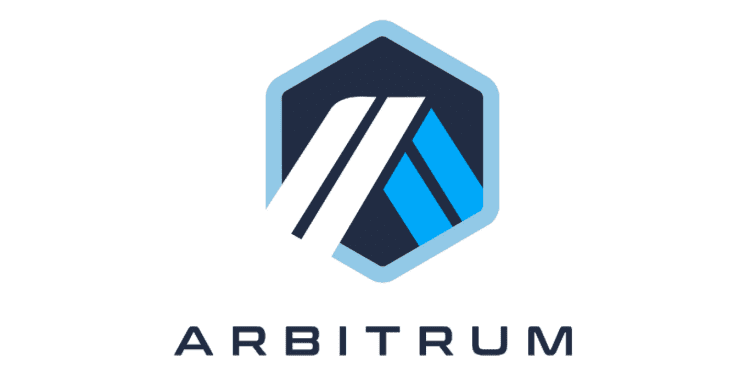- Arbitrum, a leading Ethereum Layer-2 scaling solution, announces the launch of its native ARB governance token and transition to a decentralized autonomous organization (DAO) model.
- The platform will airdrop ARB tokens to eligible users starting on March 23, 2023, with 11.5% of the total token supply allocated to Arbitrum users.
- The launch coincides with the introduction of Arbitrum Obit, enabling third-party apps and protocols to build Layer-3 blockchains on the platform’s low-fee infrastructure.
Arbitrum, a leading Ethereum Layer-2 scaling solution, recently announced the launch of its native ARB governance token and the transition to a decentralized autonomous organization (DAO) model. This marks a significant milestone for the popular scaling solution, which now seeks to empower its community with greater control and influence over the platform’s development and governance.
The Launch of ARB Token and Airdrop
The introduction of the ARB token comes as Arbitrum continues to dominate the Layer-2 market, with over 55% market share and $1.66 billion in total value locked (TVL). The governance token is designed to allow holders to vote on and propose changes to the Arbitrum network, further decentralizing its operations and decision-making processes. The token’s launch follows in the footsteps of other Layer-2 projects like Optimism, which transitioned to a DAO model last year.
Arbitrum will be airdropping ARB tokens to eligible users to celebrate the launch, with token claims set to begin on March 23, 2023. The airdrop will allocate 11.5% of the total token supply to Arbitrum users, while an additional 1.1% will be distributed to projects built on the platform.
Eligibility for the airdrop was determined using internal criteria and in collaboration with Nansen, a crypto analytics firm. Users can claim their tokens by visiting the official Arbitrum website, and they are advised to exercise caution to avoid falling for scams that often accompany such events.
Transitioning to a Decentralized Autonomous Organization (DAO)
The decision to adopt a DAO model signifies a significant shift in the governance of Arbitrum One and Arbitrum Nova, the platform’s core networks. With the introduction of the ARB token, the Arbitrum Foundation aims to give the community greater control over crucial decisions at the core protocol level. This includes technology upgrades and revenue allocation for ecosystem support.
Arbitrum’s CEO, Steven Goldfeder, emphasized that the token would make the platform more decentralized than alternative scaling chains. The DAO model will allow ARB holders to vote on code changes, while a 12-person security council governed by the Arbitrum DAO will make quicker bug fixes.
Alongside the ARB token launch, Arbitrum also introduced Arbitrum Obit, a feature that enables third-party apps and protocols to build Layer-3 blockchains on the platform’s low-fee infrastructure. This move is expected to spur innovation and further strengthen the Arbitrum ecosystem.
Anticipating the Impact of the ARB Token Launch
As interest in Arbitrum continues to grow, especially in regions like China, the ARB token launch is expected to impact the platform’s market standing significantly. Drawing parallels with Optimism’s token launch last April, some experts predict that the ARB token could have a market cap of around $2 billion. This is because Arbitrum has more than double the amount of capital locked on its blockchain compared to its rival.
The decentralization of Arbitrum’s governance model and the empowerment of its community is anticipated to drive further user adoption and expansion of the ecosystem. As a result, the platform is likely to witness an increase in the number of projects building on its infrastructure, leading to a more robust and diverse network.














